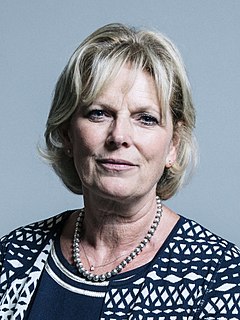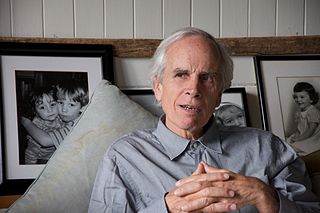A Quote by Richard Louv
Increasingly the evidence suggests that people benefit so much from contact with nature that land conservation can now be viewed as a public health strategy.
Related Quotes
Every strategy for real social change - land reform, education, public health, the equitable distribution of natural resources ... - has been cleverly, cunningly, and consistently scuttled and rendered ineffectual by those castes and that class of people which has a stranglehold on the political process.

































